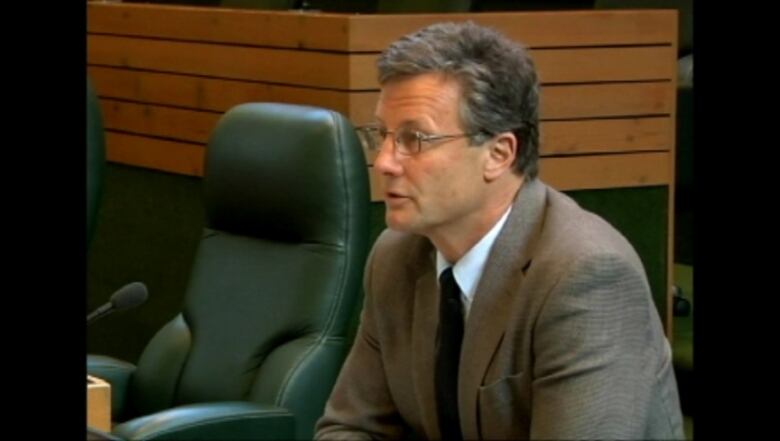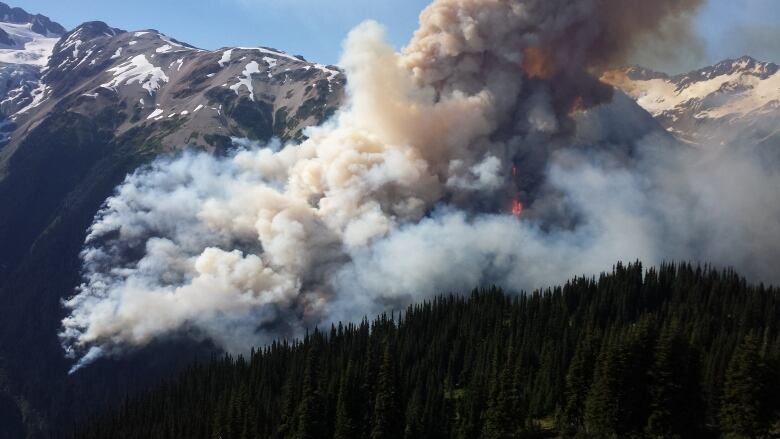Time to 'put politicians feet to the fire' on climate change, says SFU environmental prof
UN climate change panel warns world has 12 years to mitigate catastrophic global temperature increase

The world's leading climate scientists are urging action on climate change at an international panel this week and calling on governments to do more, leading some to ask how this might play out at the local level.
The UN Intergovernmental Panel on Climate Change (IPCC) warned in a report this week that humanity has a dozen years to limit global warming to a maximum of 1.5 degrees Celsius or risk extreme heat, drought, floods and poverty throughout the world.
"There is a lot of work to do," said Catherine McKenna, Canada's minister of environment and climate change.
"We need to be doing things like phasing out coal, like making historic investments in public transit which we are doing with cities and making investments in clean solutions and technology."

Climate change: 'Number oneissue'
With municipal elections about to take place in B.C.,some current and former politicians are calling for more of a focus on climate change, not just federally butat the local level as well.
"The number one issue has got to be climate change," said Donna Macdonald, who lives in Nelson, B.C., and was a city councillor for 19 years.
"There is lots that local governments can do and have been doing We can influence a lot."
Mark Jaccard, a professor at SFU's School of Resource and Environmental Management and a contributing author on IPCC reports, said it's time to "put politicians feet to the fire" on environmental issues.
"We should put 100 per cent [responsibility] on our politicians," he told Stephen Quinn, the host of CBC's The Early Edition.
"Canada has some good policies in place, but we need to really make sure those policies do unfold."

It's simply not enough to expect individuals to make environmental changes without political prompting, he said.
"You really need to do it with policy to make sure that everyone does it, because it's rather attractive to burn gasoline in your car and natural gas in your home and so on," Jaccard said.
"The opposition politicians who see a chance to get into power by killing climate policies, those are the ones that we, as voters, have the responsibility to defeat."
Local leaders on the challenges
But it's not always so easy to build political will to tackle such issues, according to two experienced municipal leaders from northern B.C.
"The challenge with [some energy saving infrastructure] is that it has a higher upfront cost and sometimes citizens tend to react strongly to that," said Jill Merrick, who has spentthe past four years as city councillor in Prince George.
"But it's a local government's job to look long term and strategic in itsinvestments."

Herb Pond, who spent four years serving as mayor of Prince Rupert, agreed that change needs to come from the local level despite the challenges.
"At the municipal level, it's where the rubber meets the road," he told Carolina de Ryk, the host of CBC's Daybreak North.
"Particularly around adaptation and mitigation matters, this should be top of mind for politicians."
With files from B.C. Today,The Early Edition and Daybreak North.












_(720p).jpg)


 OFFICIAL HD MUSIC VIDEO.jpg)
.jpg)



























































































